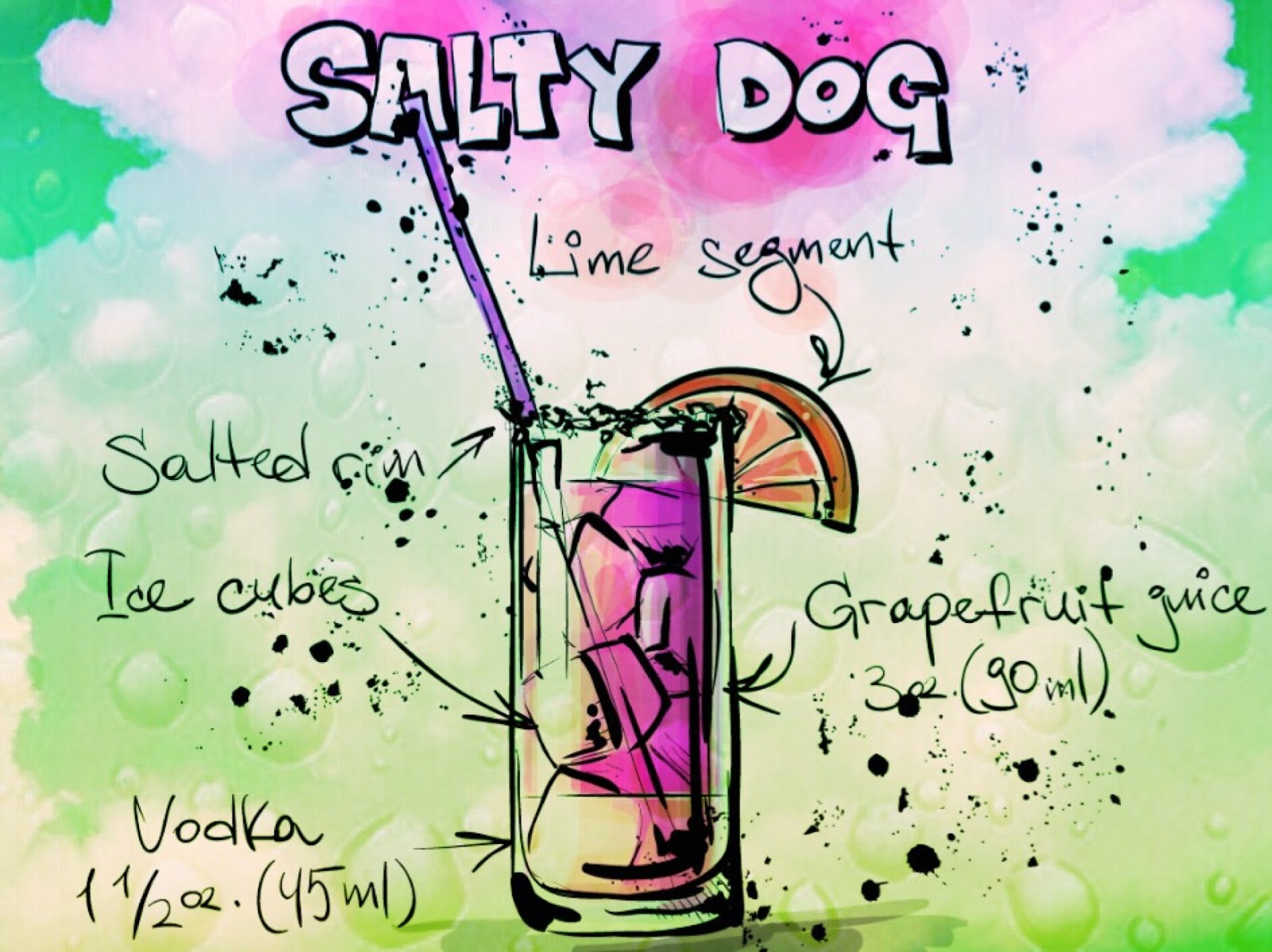When it comes to intellectual property protection, understanding the difference between trademarks, patents, and copyrights can easily be both confusing and overwhelming. Learning the basic differences between these terms, however, is essential to you successfully protecting your intellectual property. The team at Garcia-Zamor will always help guide you through the decision that is right for you. Here’s a look at the fundamental differences between trademarks, patents, and copyrights:
What Is a Copyright?
Understanding copyright law might be the most confusing topic of all for creators, because technically, any intellectual property of yours is considered immediately copyrighted by you at the time of its creation, without any kind of registration necessary. This is why you might hear of some creative artists (like self-published authors), for instance, not officially copyrighting their work through the U.S Copyright Office. This could be a mistake, however, if the creator has any intention at all of making their work public. It is actually the registration of your intellectual property with the U.S Copyright Office that offers you protection from copyright infringement in a court of law. Without that official registration, even though you created the work and are considered to be the creator from the moment that it was created, you cannot bring legal action, like a lawsuit, against another person for infringing on your copyright, as you won’t have an official legal record of your work.
So, do you have to copyright your creative work? No. The work is copyrighted from the moment that it is created by you. When should you copyright your creative work through the U.S Copyright Office? If you want the freedom to file a lawsuit or legal claim against anyone who might use your work in a manner that goes against your rights as creator of the work, if you want your work to be fully recognized as your legal creation and a matter of public record, or even if you just want the peace of mind that comes from knowing that your intellectual piece is completely protected by federal law. Your work will be protected not only within the U.S, but also within the many countries with whom the United States holds copyright relations, as well.
When Should You Copyright Your Intellectual Property?
There are certain benefits that come with registering your intellectual property soon after publication. When registration is made before or within 5 years of the publication of the work, the work is granted something known as prima facie in court. This establishes your copyright as an unquestionable fact in the courtroom. If you register before any infringement case, or within 3 months of an intellectual property’s publication, you are then also eligible for for attorneys’ fees, statutory damages, and the associated legal costs.
What Can Be Copyrighted?
The U.S Copyright Office registers numerous creative works, from novels, movies, commercials, musical compositions, photographs, choreographic works, architectural creations, and other intellectual properties to things like computer programs. Most artistic, literary, or musical works can be copyrighted. The U.S Copyright Office does not register facts, ideas, discoveries, or methods, and the Office also doesn’t register slogans, titles, simple phrases, or names. They won’t register typographic variations, familiar designs, or creations that have not yet been made into a tangible form (a mere story idea, for example), either.
How Long Do Copyrights Last?
Copyrights registered from 1978 onward last the length of the author’s lifetime plus 70 years, unless the created work is anonymous or pseudonymous, in which case this time frame is extended.
What Is a Trademark?
While a slogan, symbol, design, brand name, or other related property cannot be copyrighted, it can instead be trademarked. Trademarked properties help customers distinguish between brands and businesses in a familiar and memorable way. You see trademarks everyday. Think of the giant M-shaped arch that signifies McDonald’s or the star surrounded by a circle that is used by shoes from Converse.
Trademarks are complicated, because there are clearly so many trademarks already registered. This is why a trademark search is extremely important to perform before registering a trademark for your company or brand. You want to be sure that your intended trademark will be strongly protected and isn’t too generic or too similar to another brand’s mark.
Like copyrights, trademarks registered with the United States Patent and Trademark Office allow the creator of the trademark to file a lawsuit against improper use of the trademark by other parties. Also like copyrights, you do not technically have to register your trademark, but not registering will remove those legal protections. It is also worth remembering that without searching the trademark database and researching your trademark, you run the risk of infringing upon someone else’s trademark with your own if the mark is overly similar.
Some people who do not officially register their trademark choose to add a common law trademark symbol (™) to the end of their creation, just as some people who do not officially copyright their work may add the familiar copyright symbol (©) to the end of their work. However, you usually need to legally and officially register your work with the appropriate offices for any of this to hold up well in court. With trademarks, “common law” marks can in some cases stand in court, but this is extremely complicated. If you plan on trademarking your property under “common law,” rather than officially registering your trademark, it is important to consult the team at Garcia-Zamor to be sure that you are thoroughly protected.
Properties trademarked with the Trademark Office are denoted by a small R symbol with a circle surrounding it. It is these properties that are legally recognized as registered trademarks.
How Long Do Trademarks Last?
Trademarks last for 10 years from the date registered and can be continually renewed. However, an affidavit known as a “Declaration of Use” must be filed after year 5 and before year 6 making it clear that the mark is still in effect. The application for renewal must also be filed between the 9th and 10th year, and every 10 years from that point on.
What Is a Patent?
If you are an inventor who wishes to publically market an invention, composition of matter, or related item, a patent offers you legal protection from others who may try to use your creation in a way that is not consistent with your desires (such as someone else selling it for profit).
What Cannot Be Patented
Laws of nature, abstract concepts, or something unoriginal cannot be patented. If your work is artistic in nature, it will typically be copyrighted, rather than patented. Just like trademarks, a patent search should be conducted before attempting to apply for a patent. As well, due to the complicated nature of patents themselves, consulting with an experienced team is important for your patent application to be successful.
How Long Do Patents Last?
Depending on the type of patent, the patent could last anywhere from 14 – 20 years from the date of registration.
Consulting with an Intellectual Property Law Team
Trademarks, patents, and copyrights are all separate, complex processes that often require extensive research, comprehensive applications, and careful consideration in order to protect your intellectual property. This is particularly true of patents and trademarks. Our legal team at Garcia-Zamor is based in Maryland, but has worked with clients from all over the United States and worldwide for over two decades. We will inform you of your options and ensure that your intellectual property is successfully protected in all areas of your business. Many businesses may need more than one registration for their brand (such as a copyright for a creative piece and a trademark for a slogan). We are able to help you seamlessly complete all of these needs.
Contact our team to discuss your trademark, patent, and copyright needs, so that you can feel confident in the protection of perhaps the most important of works — your own original creation.







